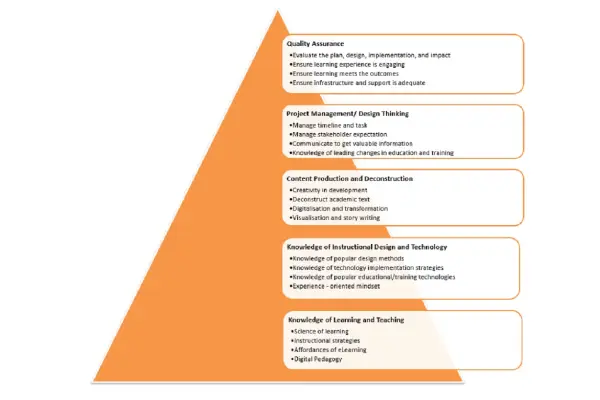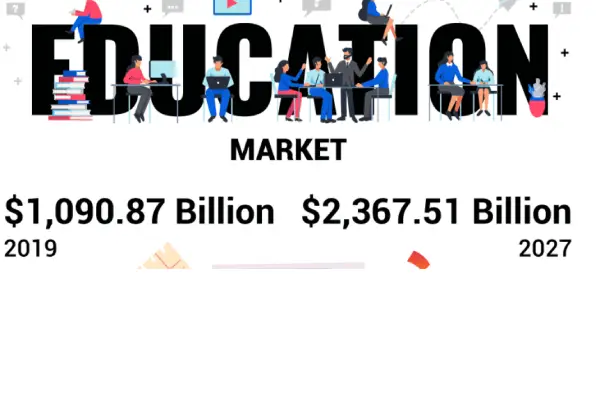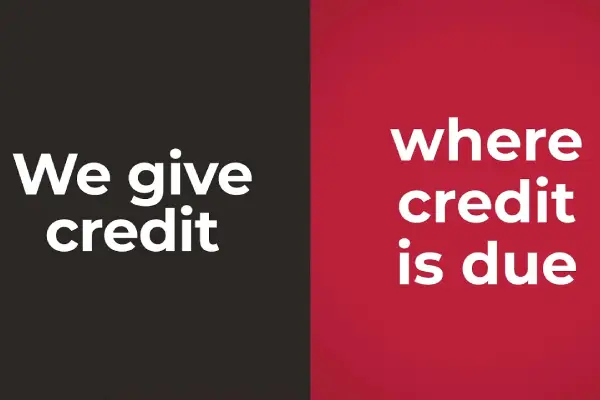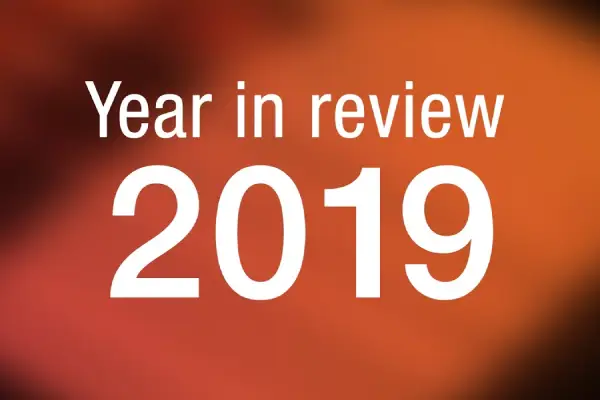In the past two weeks it has been interesting to read TEQSA’s warnings about using consultants to prepare higher education applications: http://www.theaustralian.com.au/higher-education/consultants-no-shortcut-teqsa/news-story/0b272ce636cf6dca71ec2fb865cc3523. Given the behaviour of some more recently arrived consultants, TEQSA’s frustrations are justifiable. “Cookie-cutter” applications will not cut the mustard, and never have. Also, higher pressure sales tactics to RTOs belie the fact that most vocational training providers are not good candidates for higher education.
A long-term plan and clear vision for higher education are essential to even consider starting the journey to becoming a higher education provider, not to mention deep pockets – building a higher education capability is, by its very nature, an expensive process. I receive many enquiries from RTOs wanting to transition to higher education but when I ask them why, they’re often unsure. When I ask if they have done any market research or planning the answer is inevitably “no”. When I ask if they have read the higher education standards the answer is usually “no”. This is not a great start to a multi-million dollar project.
As TEQSA’s CEO Anthony McClaran has rightly said: “there are no shortcuts to becoming a higher education provider”. To be successful an applicant must show capability in their own right to deliver quality higher education and not rely on consultants to “paper over their shortcomings”.
So, if you are thinking of becoming a higher education provider we recommend the following initial steps:
- Do your market research to determine if there is a need for the courses you intend to offer (and room for another provider of those courses).
- Speak to a consultant with experience in higher education to learn what it takes to be a quality higher education provider.
- Develop a plan and budget for the project.
By following these steps you will be much better placed to make the right decision about whether or not to embark on the journey to become a higher education provider (and probably save a pile of money).
If you are going to engage a consultancy to assist you in the process you should follow these key rules:
- Ask the consultancy if they have ever assisted any clients that have been successful (it may also pay to ask about the unsuccessful ones as well).
- Understand that consultants are only there to advise, guide, mentor, assist and review – they should never write your application.
- Take ownership of the project and by the time the application is ready to lodge, understand every aspect of the application.
These simple rules are not a guarantee of success but will go a long way to ameliorating the significant risk associated with lodging an application to become a higher education provider.
Over the past 20 years HELI’s team of advisors have assisted over 50 HEPs navigate the complex regulatory framework that protects Australia’s higher education sector. If you’re interested in finding out what makes a great higher education provider, we would be please to speak with you.
If you looking for a consultant to write your higher education application, I’m sorry – we can’t help you.
In the past two weeks it has been interesting to read TEQSA’s warnings about using consultants to prepare higher education applications: http://www.theaustralian.com.au/higher-education/consultants-no-shortcut-teqsa/news-story/0b272ce636cf6dca71ec2fb865cc3523. Given the behaviour of some more recently arrived consultants, TEQSA’s frustrations are justifiable. “Cookie-cutter” applications will not cut the mustard, and never have. Also, higher pressure sales tactics to RTOs belie the fact that most vocational training providers are not good candidates for higher education.
A long-term plan and clear vision for higher education are essential to even consider starting the journey to becoming a higher education provider, not to mention deep pockets – building a higher education capability is, by its very nature, an expensive process. I receive many enquiries from RTOs wanting to transition to higher education but when I ask them why, they’re often unsure. When I ask if they have done any market research or planning the answer is inevitably “no”. When I ask if they have read the higher education standards the answer is usually “no”. This is not a great start to a multi-million dollar project.
As TEQSA’s CEO Anthony McClaran has rightly said: “there are no shortcuts to becoming a higher education provider”. To be successful an applicant must show capability in their own right to deliver quality higher education and not rely on consultants to “paper over their shortcomings”.
So, if you are thinking of becoming a higher education provider we recommend the following initial steps:
- Do your market research to determine if there is a need for the courses you intend to offer (and room for another provider of those courses).
- Speak to a consultant with experience in higher education to learn what it takes to be a quality higher education provider.
- Develop a plan and budget for the project.
By following these steps you will be much better placed to make the right decision about whether or not to embark on the journey to become a higher education provider (and probably save a pile of money).
If you are going to engage a consultancy to assist you in the process you should follow these key rules:
- Ask the consultancy if they have ever assisted any clients that have been successful (it may also pay to ask about the unsuccessful ones as well).
- Understand that consultants are only there to advise, guide, mentor, assist and review – they should never write your application.
- Take ownership of the project and by the time the application is ready to lodge, understand every aspect of the application.
These simple rules are not a guarantee of success but will go a long way to ameliorating the significant risk associated with lodging an application to become a higher education provider.
Over the past 20 years HELI’s team of advisors have assisted over 50 HEPs navigate the complex regulatory framework that protects Australia’s higher education sector. If you’re interested in finding out what makes a great higher education provider, we would be please to speak with you.
If you looking for a consultant to write your higher education application, I’m sorry – we can’t help you.










